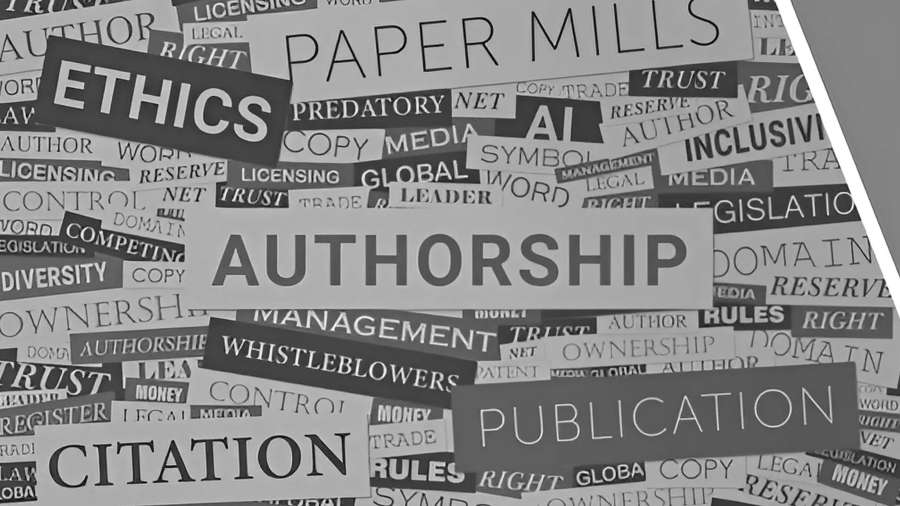Guest-Edited Collections: Innovation, Integrity, and the New COPE–STM Guidelines

Guest-edited collections have long enriched scholarly publishing by adding depth, focus, and diverse perspectives to research. They enable experts to highlight emerging themes and focus concentrated attention on specific areas of inquiry. Yet, with this growing popularity comes heightened vulnerability, as concerns mount over integrity risks such as peer review manipulation and questionable editorial practices.
To address these challenges, the Committee on Publication Ethics (COPE) and the International Association of Scientific, Technical and Medical Publishers (STM) have released a set of new resources. STM’s Research Integrity Committee has introduced a hands-on “how-to” guide, offering clear steps for validating guest editors before projects begin and for conducting audits throughout and after peer review. Complementing this, COPE has published best-practice recommendations that help publishers recognize and prevent misconduct, ensuring transparent and accountable editorial processes.
Why Guest-Edited Collections Matter, and Why Oversight Is Essential
Guest-edited collections bring undeniable value to scholarly publishing. They create space for thematic exploration, invite diverse voices, and often provide visibility to emerging fields that may otherwise struggle to find prominence in general journal issues. For authors, these collections can serve as a platform to connect their work with a highly engaged readership. For journals, they are an opportunity to broaden scope, attract new contributors, and build reputational strength by engaging leading experts.
However, these strengths are coupled with vulnerabilities. When misused, guest collections can be exploited as vehicles for self-promotion, citation cartels, or manipulated peer review practices. Without proper monitoring, journals may unintentionally compromise their credibility, and authors may find their work associated with questionable practices. For this reason, clear guidelines and regular oversight are not simply administrative safeguards, they are essential to maintaining the trustworthiness of the scholarly record.
By embedding accountability at every stage—from vetting guest editors to auditing review processes, publishers can preserve the strengths of guest-edited collections while protecting against misconduct.
Moving Forward with Shared Responsibility
Together, these new COPE and STM resources mark an important step in strengthening oversight of guest-edited collections. They highlight not only the challenges but also the shared responsibility of editors, publishers, and professional bodies in safeguarding integrity.
At the Asian Council of Science Editors (ACSE), we view this as more than a welcome development, it is a call to action for our community. Journals and editors in our region are encouraged to adopt these recommendations, adapt them to their contexts, and actively monitor compliance. ACSE will continue to support editors by providing resources, training, and a platform for dialogue on ethical publishing practices.
The credibility of guest-edited collections depends on both their potential to advance knowledge and the safeguards that ensure their integrity. With these new guidelines, we are better equipped to balance innovation with responsibility, and in doing so, strengthen trust in scholarly publishing for the long term.
Note: These guidelines are only available to ACSE members and delegates. To request access, please contact us at [email protected].
Keywords
COPE STM guest-edited collections special issues scholarly publishing research integrity peer review editorial standards publication ethics best practices academic publishing fraud prevention validation auditing publishers ACSE publication
Maryam Sayab is the Director of Communications at the Asian Council of Science Editors (ACSE) and Co-Chair of Peer Review Week. With a background rooted in research integrity and publication ethics, she actively works to advance regional conversations around responsible peer review, transparent editorial practices, and inclusive open science. Maryam is dedicated to building bridges between global publishing standards and the practical realities faced by researchers and editors, especially across Asia and the Arab world. She also supports initiatives that strengthen community-driven collaboration, ethical scholarship, and the sustainable development of research ecosystems.
View All Posts by Maryam SayabDisclaimer
The views and opinions expressed in this article are those of the author(s) and do not necessarily reflect the official policy or position of their affiliated institutions, the Asian Council of Science Editors (ACSE), or the Editor’s Café editorial team.



